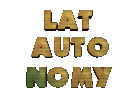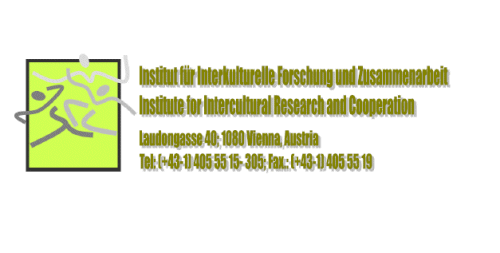
Welcome
Objectives
Participants
Coordination
Methodology
10 Hypothesis
Results
Deliverables
Prelim. Results
News

|
versión española |
archive |
guestbook |
partner links |
![]() member section |
member section |
Founded in 1987 as Ludwig-Boltzmann Institute for Contemporary Research on Latin America (LBICRLA) this Institute until end of 2005 was the only research centre for contemporary Latinamerican studies in Austria. It initially specialized in the field of social anthropology with a particular emphasis on Central America and Mexico. Over the years and the execution of countless research and international cooperation projects the Institute gathered experts in various fields of expertise and regions, also outside the latinamerican continent, such as sociology, political science, legal anthropology, etc.. The Institute's permanent staff soon incorporated scientists and eminent experts covering the whole continent of Latin America and the Carribbean.
The today's priorities of the Institute still lie in a direct scientific cooperation with its Latin American partner institutions, essentially universities, but goes far beyond, since the experiences and expert knowledge of the latinamerican research era did not finish but is expanded and correlated with other reservoirs of cultural knowledge and cosmovision in the world.
The Institute for Intercultural Research and Cooperation finally was founded in March 2006 as direct successor of the LBICRLA, which was disintegrated during the restructuring of the Ludwig Boltzmann Foundation by the end of 2005. However, after an intense working period of nearly twenty years, the relaunch of the Institute also appeared appropriate due to the complex scientific development of the Institute and its structures.
Remaining true to its philosophy the institute gives a high priority to direct scientific cooperation with Latinamerican partner institutions, particularly universities all over the world. As a member of numerous international scientific organisations it is geared towards the development of alternative structures in the fields of politics, economy and social anthropology.
